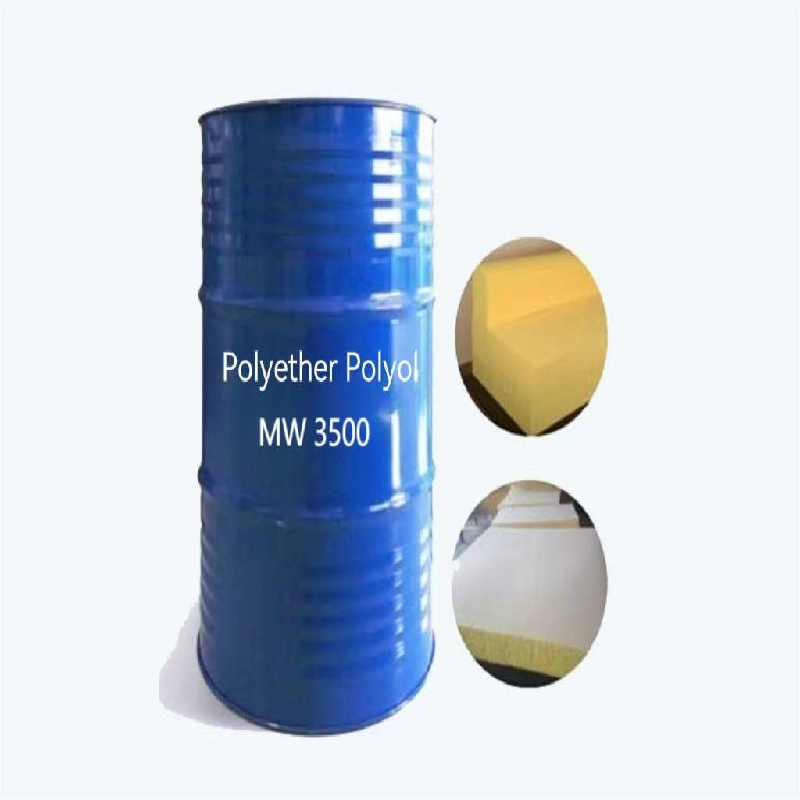-
Categories
-
Pharmaceutical Intermediates
-
Active Pharmaceutical Ingredients
-
Food Additives
- Industrial Coatings
- Agrochemicals
- Dyes and Pigments
- Surfactant
- Flavors and Fragrances
- Chemical Reagents
- Catalyst and Auxiliary
- Natural Products
- Inorganic Chemistry
-
Organic Chemistry
-
Biochemical Engineering
- Analytical Chemistry
- Cosmetic Ingredient
-
Pharmaceutical Intermediates
Promotion
ECHEMI Mall
Wholesale
Weekly Price
Exhibition
News
-
Trade Service
2.
4.
1.
6 Supercritical oxidation of explosive waste water
At present, SCWO technology is mainly used by the U.
S.
Department of Defense and the Department of Energy to process high-energy waste such as chemical weapons, rocket propellants, and explosives
.
The national defense industry wastewater contains a lot of harmful substances, such as propellants, explosives, toxic fumes, poisons, and nuclear waste
Unsymmetrical dimethylhydrazine and its derivatives exist in large amounts in rocket propellant wastewater, and it is difficult to treat with conventional methods due to its strong biological toxicity
.
A domestic researcher has established a set of continuous supercritical water oxidation experiment equipment, using H 2 O 2 as the oxidant, under the conditions of temperature 550 ℃ and pressure 30 MPa to carry out the experiment of supercritical water oxidation of unsymmetrical dimethyl hydrazine.
2.
4.
1.
7 Supercritical water oxidation of domestic waste
The supercritical water oxidation method can decompose or degrade polymer waste to obtain gas, liquid and solid products
.
Gas and liquid can be used as fuel or chemical raw materials, viscous paste products can be used as waterproof coatings or adhesives, and the remaining residue can be used as paving or other building materials
The literature reports the experimental research of using supercritical water to oxidize the high-pressure intermittent reaction gold for domestic waste treatment, and compares it with the incineration method.
The results show that the acid gas content in the exhaust gas after the supercritical water oxidation treatment is significantly lower than that of the incineration method.
Disposal: Dioxins are produced during the waste incineration process , but in the supercritical water oxidation reaction, the dioxins are not produced or decomposed; the supercritical water oxidation method can better recover the heavy metals in the domestic waste
.
In general, the supercritical water oxidation treatment of domestic waste is safer and cleaner
At present, many pilot-scale and industrial-scale SCWO devices have been put into operation in many countries in Europe and the United States
.
In 1994, ECO Corporation designed and built the first industrial plant for treating civil waste in Texas, the United States






